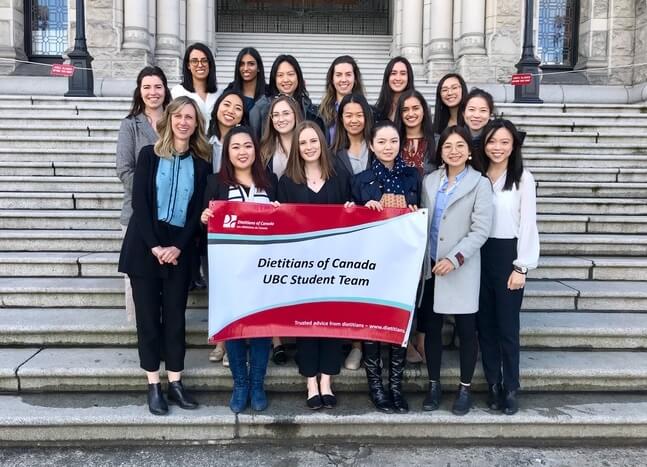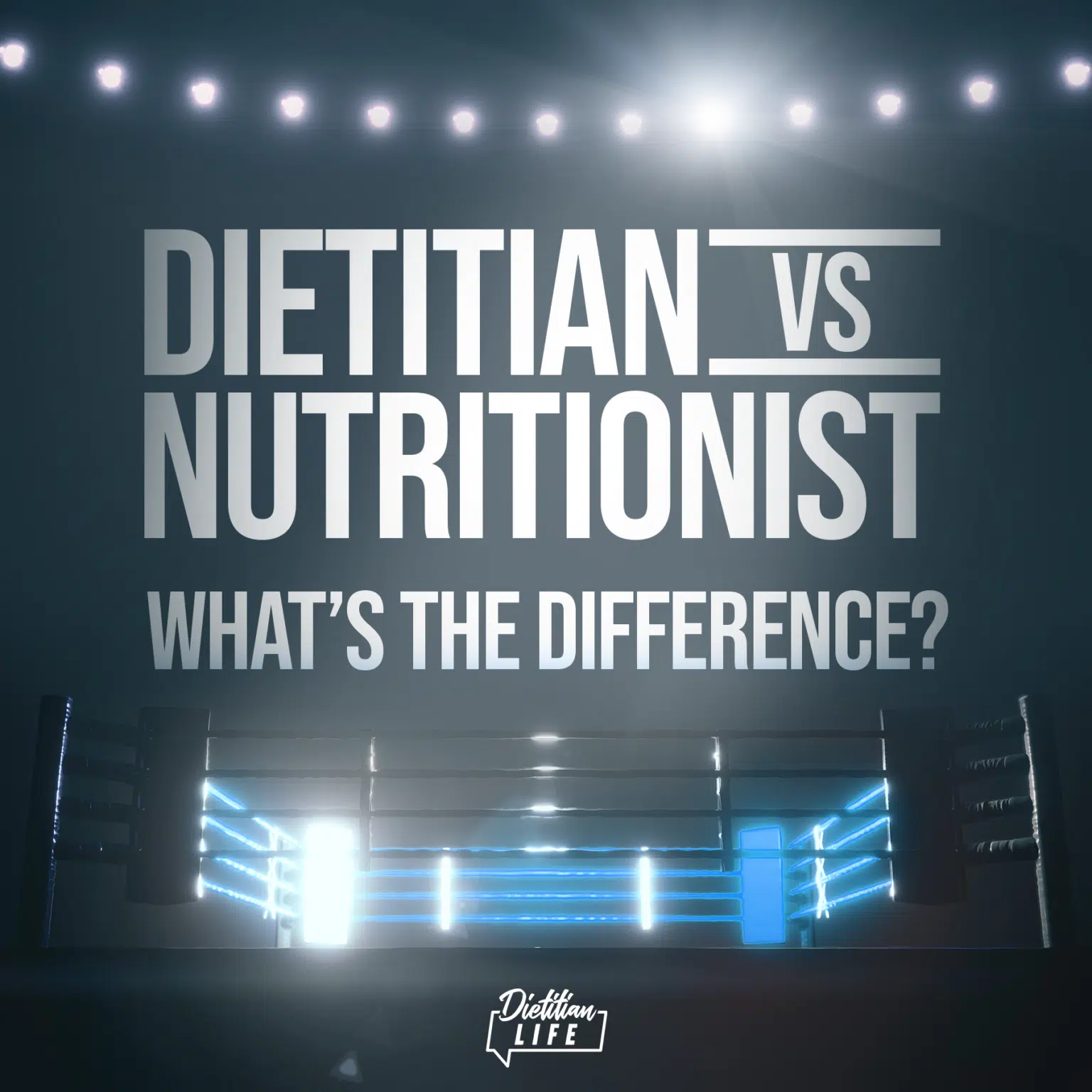All Categories
Featured
Table of Contents
The kinds of Nutritionists are: and. The former are those people who use the scientific technique to examine nutrients, both as specific substances and as they communicate in food and nutrition while the last are professionals who help in diagnosing the nutritional issues of areas and in discovering solutions to those troubles.
: They deal with wellness programs and global health organizations.: They are in charge of large-scale food preparation and service.: They are experts in nutrition and aging. They are Board licensed in Gerontological Nourishment with the American Dietetic Association.: They are mainly included with nutritional related research in the professional element of nourishment in disease states, public aspect on primary, secondary and sometimes tertiary health and wellness avoidance and foodservice element in problems entailing the food planned for patients.
What Is The Best Vegan Nutritionist Product?
, and newspapers-- either as a specialist visitor opinion, regular reporter or guest, or for source, restaurant, or dish growth and critique.: These work under exclusive practice. As explained over, all dietitians are nutritional experts however not all nutritionists have the qualifications and credentials to be called dietitians.
This implies exactly the very same thing as Registered Dietitian (RD), a term that has been in usage for a long time. While certification to end up being an RD or RDN is governed by the Academy of Nutrition and Dietetics a nationwide company licensure is managed by private states.

In order to supply medical nutrition treatment and qualify as carriers for insurance companies, a dietitian should be accredited by the state. According to the Bureau of Labor Stats, the need for dietitians and nutritional experts is anticipated to increase by 20% between 2010 and 2020 this is a much faster development rate than the average for all professions.
How Much Should I Pay For Gut Health Dietitian?
There are significant differences in compensation based on field of expertise, with Scientific Pediatric Dietitians and Dairy Nutritionists averaging about $90,000. In 2014, The Bureau of Labor Data (BLS) discovered that the leading 10% of dietitians and nutritional experts make even more than $79,000, and the lower 10% much less than $36,000 - Clinical Dietitian. A mean hourly wage of $27.62 was calculated for both sectors, with the leading 10% earning above $38.00 per hour, and the lower 10% earning below $17.00 per hour

There is a variety of jobs available in different atmospheres for those that want to function with the public, as well as for those that choose even more research-focused employment. Numerous obtain right into one of these areas in order to help people live much healthier lives which can be exceptionally fulfilling.
With existing statistics that one-third of the U.S. population is obese, along with a lot of senior U.S. locals, dietitians and nutritionists are likely to have a more substantial duty in the future. My Strategy rates dietitians and nutritional experts at # 53 in their happiness index of leading 300 jobs with the greatest task satisfaction scores.
In enhancement to going to a certified program, most states call for dietitians to be accredited or to have expert certification, or both. In comparison, just about fifty percent of states need such credentials for nutritionists. Nevertheless, lots of expert duties for nutritionists ask for at the very least a bachelor's degree, and the exact same qualification is offered for nutritional experts and dietitians alike.
What Is The Best Eating Disorder Dietitian Program?
However, it is essential to note that starting Jan. 1, 2024, you'll also need to hold a master's level to earn an RD/RDN credential. Common bachelor's levels for dietitians consist of scientific nutrition, dietetics, and public health and wellness. Your core courses may consist of: Food science Chemistry Health treatment plan Clinical nourishment Biostatistics Microbiology Food service management You'll also require to complete a dietetic internship.

And to advance in the area, you'll likely require a master's degree. Whether composed in regulation or not, dietitians and nutritional experts several times require a similar education. Usual bachelor's degrees for nutritional experts include nourishment science or a relevant self-control, such as dietetics, kinesiology, food system monitoring, or biochemistry. Several of your courses might consist of: Fads in nutrition Biomedical statistics Clinical nutrition Food, nourishment, and behavior Nutritional ecology Neighborhood nutrition Physiology Some degree programs include teaching fellowships, but in others you'll need to discover possibilities by yourself.
The variety of hours you'll require might rely on demands in the state where you'll work. Whether you plan to gain a credential or not, it's an excellent idea to complete at least one teaching fellowship to gain useful experience before seeking a permanent function. Licensing and accreditation requirements for nutritionists and dietitians vary from one state to another.
What Is The Best Best Nutritionist For Weight Loss?
A professional accreditation shows your competence and knowledge in your area. Here are the leading qualifications for dietitians and nutritionists.
The titles are essentially the very same. There's no specialist distinction between them, and you're free to pick which one you intend to utilize based upon personal preference. To take the certification test, you need to: Make a bachelor's degree that's approved by the ACEND Total a dietetics internship After Jan. 1, 2024, you'll require to make a master's level to qualify for the accreditation.
Should I Hire A Professional Pressure Washing Contractor?
Bureau of Labor Stats places dietitians and nutritional experts in the very same classification and claims they earn a mean yearly income of $69,680. There is an array in salaries, with the bottom 10% around $44,910 and the leading 10% around $98,830, according to the BLS. Nutritionist and dietitian roles are expected to expand 6.6% through 2032, according to the BLS.
This does not imply that a person occupation is premium to the various other, as they both have various features and qualifications that could often overlap. If you wish to discover more concerning what makes these professions distinct, maintain reading. Diet professionals are experts who help enhance the top quality of life with healthy food options.
What Is The Best Vegan Nutritionist?
Nutritionist suggestions about nutrition's impact on health and wellness. The field is less regulated than dieticians; therefore, nutritional experts' degrees of proficiency and certifications can differ.
There are several differences between diet professionals and nutritionists. Here are the training and background requirements. Dieticians generally hold a bachelor's degree in dietetics, nutrition, or a related field. As their jobs advancement, numerous dieticians go after postgraduate degrees, like a Master's or Doctorate, to specialise in particular areas of nourishment. Diet professionals need to carry out monitored useful training as component of their education and learning to gain hands-on experience in scientific setups, community nutrition programs, or food solution management.
Latest Posts
Holistic Group Classes – North Perth WA
Supportive Nutritional Support – Perth
Leading Cardio Workouts Near Me – Innaloo WA